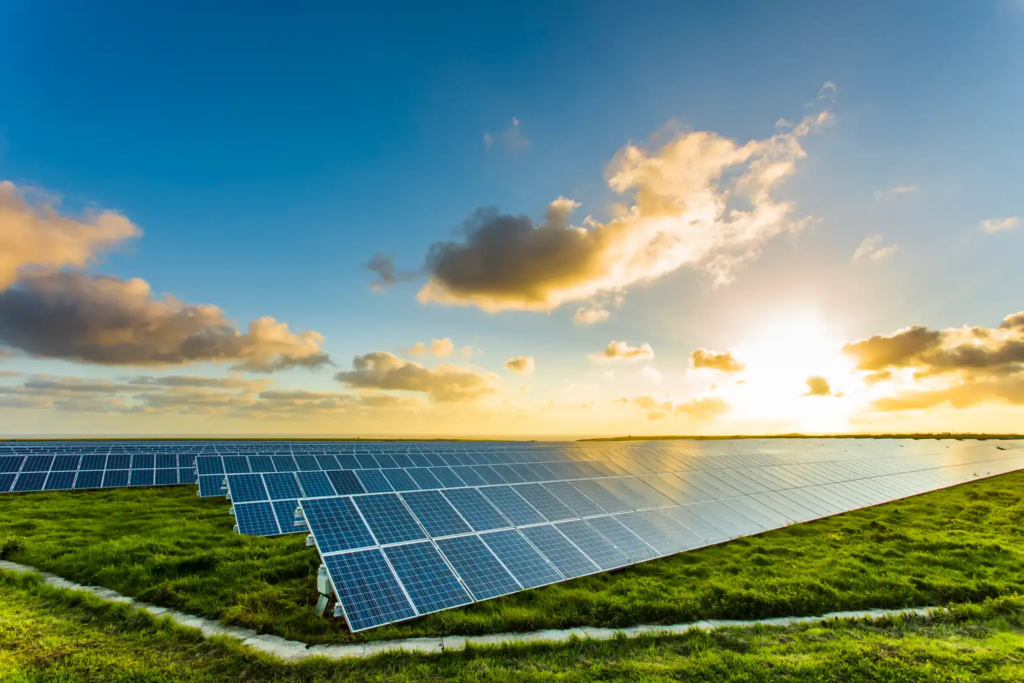
The idea of managing time has become almost synonymous with success. We often hear advice about maximizing productivity through meticulous schedules, strict time blocks, and even productivity tools. While time management is undeniably important, it may not be the key to sustainable success and well-being in the long run. Instead, we should focus on managing something more fundamental: our energy.
Time is a finite resource; no matter how efficiently we use it, we’ll always have only 24 hours daily. On the other hand, energy is a renewable resource—though it requires conscious management to ensure we’re operating at our best. Learning how to optimize your energy throughout the day allows you to be more productive, creative, and focused while ensuring your well-being.
Why Energy Management Trumps Time Management
It’s common for people to think that the solution to being more productive is better time management. After all, if you can squeeze more tasks into your day, you’ll be able to accomplish more. While that logic makes sense on the surface, it overlooks a fundamental truth: productivity isn’t just about how many tasks you can complete in a day. It’s about how effectively you can focus and apply yourself to the work that truly matters.
When we rely solely on time management, we often push ourselves to fit everything into a rigid, fixed schedule. However, when energy is the central focus, the aim shifts to aligning tasks with when we have the most energy. This approach emphasizes quality over quantity, allowing us to perform at our peak rather than simply checking off boxes.
Furthermore, energy management focuses on maintaining well-being, which time management often neglects. Time management tends to prioritize efficiency, even at the expense of rest, relaxation, and self-care. When considering energy, we recognize the importance of recharging and replenishing ourselves to stay at our best.
Understanding Your Energy Patterns
Before we can optimize our energy, we need to understand how it works. Just like time, our energy levels are not static throughout the day. They fluctuate based on several factors: sleep, nutrition, exercise, stress, and mental focus. Understanding your natural energy patterns is the first step toward managing them effectively.
Circadian Rhythms
Our bodies follow an internal circadian rhythm, which dictates our sleep-wake cycles. This rhythm impacts our energy levels throughout the day. Typically, people experience peaks in energy in the morning and afternoon, followed by dips in the early evening. This cycle varies from person to person, and some individuals are more energetic in the evening (known as night owls), while others have their peak energy in the morning (known as early birds).
Energy Cycles
In addition to your natural circadian rhythm, you may experience fluctuations in energy based on your activity levels. For example, engaging in a physically demanding task might deplete your energy, while a creative project could fuel you if it excites you. Similarly, stress and emotional challenges can drain your energy reserves, while moments of relaxation and self-care can restore them.
Physical Factors
Your food, sleep quality, and exercise routine also significantly affect your energy levels. Eating a balanced diet, getting sufficient rest, and staying active are all essential to maintaining a steady flow of energy throughout the day.
Mental and Emotional Energy
Our energy is not just physical; mental and emotional energy are just as crucial. Tasks that require deep focus, problem-solving, or creativity can be mentally taxing, leading to fatigue. Similarly, unresolved emotional stress or negative thoughts can drain your emotional energy. Learning how to manage these factors is essential for maintaining high energy levels.
Once you identify your natural energy patterns, you can begin to structure your day to align with your energy levels rather than rigidly following a time-based schedule.
Practical Strategies for Energy Management
Now that we understand the importance of energy management let’s explore practical strategies for optimizing energy. These techniques focus on aligning tasks with energy peaks, restoring energy through self-care, and minimizing energy drains.

1. Identify Your Energy Peaks and Dips
The first step in energy management is recognizing when you feel most energized during the day. Are you more alert and focused in the morning, or do you come alive after lunch? By identifying your energy peaks and dips, you can schedule your most important and demanding tasks during your peak energy periods.
For example:
- Morning people: Use the first few hours of your day to tackle your most challenging or creative work, such as writing, problem-solving, or brainstorming new ideas.
- Afternoon people: If your energy dips in the morning, schedule less demanding tasks (like emails or administrative work) and reserve your peak afternoon hours for more focused work.
You can experiment with different schedules to find what works best for you and adjust accordingly. Like time, energy can be managed effectively by honoring our natural rhythms.
2. Prioritize Rest and Recovery
One of the most critical aspects of energy management is making time for recovery. When we push ourselves to work non-stop, we burn through our energy reserves, which leads to burnout and decreased productivity. Instead of focusing on how much time you have, prioritize rest to ensure you’re recharging your batteries.
Key practices for recovery include:
- Sleep: Aim for at least 7-8 hours of restful sleep each night. Sleep plays a critical role in restoring both physical and mental energy.
- Breaks: Take regular breaks throughout the day. The Pomodoro technique (25 minutes of work followed by a 5-minute break) is a popular method for maintaining focus while allowing periodic rest.
- Mindfulness and Meditation: Practices like mindfulness, meditation, or deep breathing exercises can help clear mental fog and restore emotional energy.
Remember, a well-rested body and mind will have more sustainable energy, making you more productive and effective in the long run.
3. Fuel Your Body Properly
Your physical energy levels are closely linked to the food you eat. A healthy diet with nutrient-dense foods gives your body the fuel to maintain consistent energy throughout the day. Prioritize:
- Complex carbohydrates: Whole grains, vegetables, and fruits provide a steady energy source.
- Protein: Protein-rich foods like eggs, lean meats, legumes, and nuts help maintain energy levels and support muscle function.
- Healthy fats: Healthy fats from sources like avocados, olive oil, and nuts can provide long-lasting energy.
Avoid relying on sugar and caffeine to boost your energy, which can lead to later crashes.
4. Exercise Regularly
Regular physical activity boosts energy levels by improving circulation, mood, and stamina. Whether it’s a morning jog, yoga session, or a brisk walk, incorporating movement into your day can help combat fatigue and elevate your energy.
Exercise also helps manage stress and improve sleep, creating a cycle of increased energy and well-being.
5. Learn to Say No
One of the biggest energy drains is over-commitment. Learning to say no to tasks or obligations that don’t align with your priorities is essential for maintaining your energy. Being clear about your boundaries allows you to conserve your energy for the things that matter most.
When you manage your energy instead of your time, you can be more selective about where and how you spend your energy. Whether in work, relationships, or personal goals, focus your energy on what nourishes you.
6. Cultivate a Positive Environment
Your surroundings can also influence your energy. A cluttered workspace, negative relationships, or constant distractions can deplete your mental and emotional energy. Create an environment that fosters positivity and focus by:
- Organizing Your Physical Space: A tidy, well-organized space promotes clarity and focus, reducing stress and allowing your mind to concentrate on essential tasks.
- Surrounding Yourself with Supportive People: Building a network of encouraging, positive individuals fosters motivation, emotional resilience, and collaboration, uplifting your energy and overall well-being.
- Minimizing Distractions: Limit interruptions like excessive social media, irrelevant notifications, or non-essential meetings to maintain focus and preserve mental energy.
- Setting Boundaries to Protect Your Time and Energy: Clearly defined boundaries ensure your energy is directed towards meaningful activities, reducing burnout and creating balance in your daily life.
Embrace Energy for a Life of Balance and Success
Energy management is the key to unlocking your full potential and creating a life of balance and fulfillment. By understanding your natural energy patterns and prioritizing rest, nutrition, and mindfulness, you can work smarter, not harder.
Remember, the goal is not to fill every hour with tasks but to align your energy with your priorities, enabling you to thrive personally and professionally. Start small, experiment with these strategies, and watch as your productivity and well-being flourish. Your energy is your most valuable asset—nurture it wisely.
Ready to transform your life and harness the power of energy management? Aspire Coaching is here to guide you every step of the way. Visit us at the Jasmine Building, 3rd Floor, Sukhumvit Road, Soi 23, conveniently near Asoke BTS and Sukhumvit MRT, to learn how to optimize your energy for lasting success. Call us today at +66 80 188 4114 to schedule a consultation. Let Aspire Coaching help you create a life fueled by energy, not just time.
